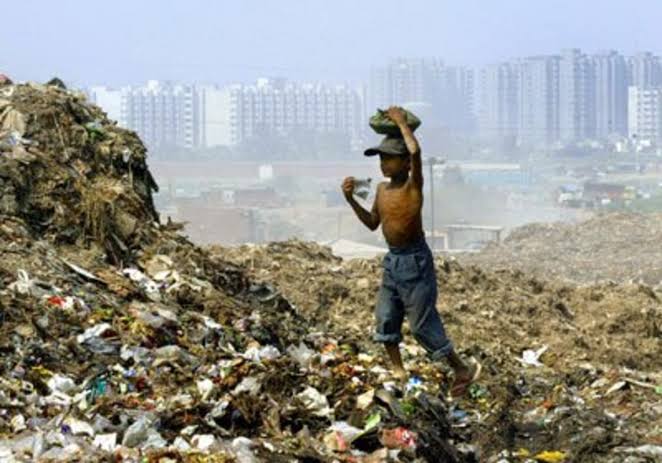A recent study conducted by the Energy Policy Institute at the University of Chicago has identified Bangladesh as the nation with the highest levels of air pollution globally.
The air quality crisis in Bangladesh is primarily attributed to human activities, including emissions from solid fuel used for cooking, industrial wastewater discharge, and runoff from agricultural irrigation.
On average, Bangladesh records a Particulate Matter (PM) 2.5 concentration of 74 micrograms per cubic meter. In comparison, India, China, and the United States have lower levels of 58.7, 30.2, and 7.8 micrograms per cubic meter, respectively.
According to the World Health Organization’s 2021 Global Air Quality Guidelines, countries are expected to meet specific air quality standards. The findings indicate that the average pollution levels in Bangladesh could lead to a loss of approximately 6.8 years of life expectancy for each individual.
Reasons for Bangladesh’s High Pollution Levels
Use of Solid Fuels
The frequent use of solid fuels, such as coal and wood, particularly in rural areas, contributes to indoor air pollution, adversely affecting both the cooks and the overall air quality in the country.
Ineffective Waste Management
Industrial discharge and untreated waste, including plastics and garbage, severely pollute the country’s water bodies, posing health risks to those who consume this water. This pollution also threatens ecosystems, biodiversity, and agricultural practices.
Industrial Effluents
Industrial operations, including wastewater from sewers and agricultural runoff from pesticides and fertilizers, exacerbate the contamination of soil, water, and air.
Aging Vehicles
A significant portion of the vehicles on Bangladesh’s roads are quite old, which leads to poor air quality due to inefficient fuel combustion and the emission of nitrogen dioxide along with other harmful pollutants.
As of April 2024, the Bangladesh Road Transport Authority reported that 568,000 registered vehicles were without a valid road fitness certificate, marking an increase of 60,000 since January 2022.
Consequences of Pollution
Pollution in Bangladesh poses serious environmental and health challenges, as highlighted in a World Bank report indicating that air pollution, water contamination, and lead exposure are responsible for 272,000 preventable deaths and result in 5.2 billion days of illness each year.
Household and outdoor air pollution are particularly detrimental, accounting for 55% of premature deaths. Additionally, lead poisoning leads to the loss of approximately 20 million IQ points annually in children.
The environmental situation in Bangladesh is likely worsened by corruption and a low standard of living.

